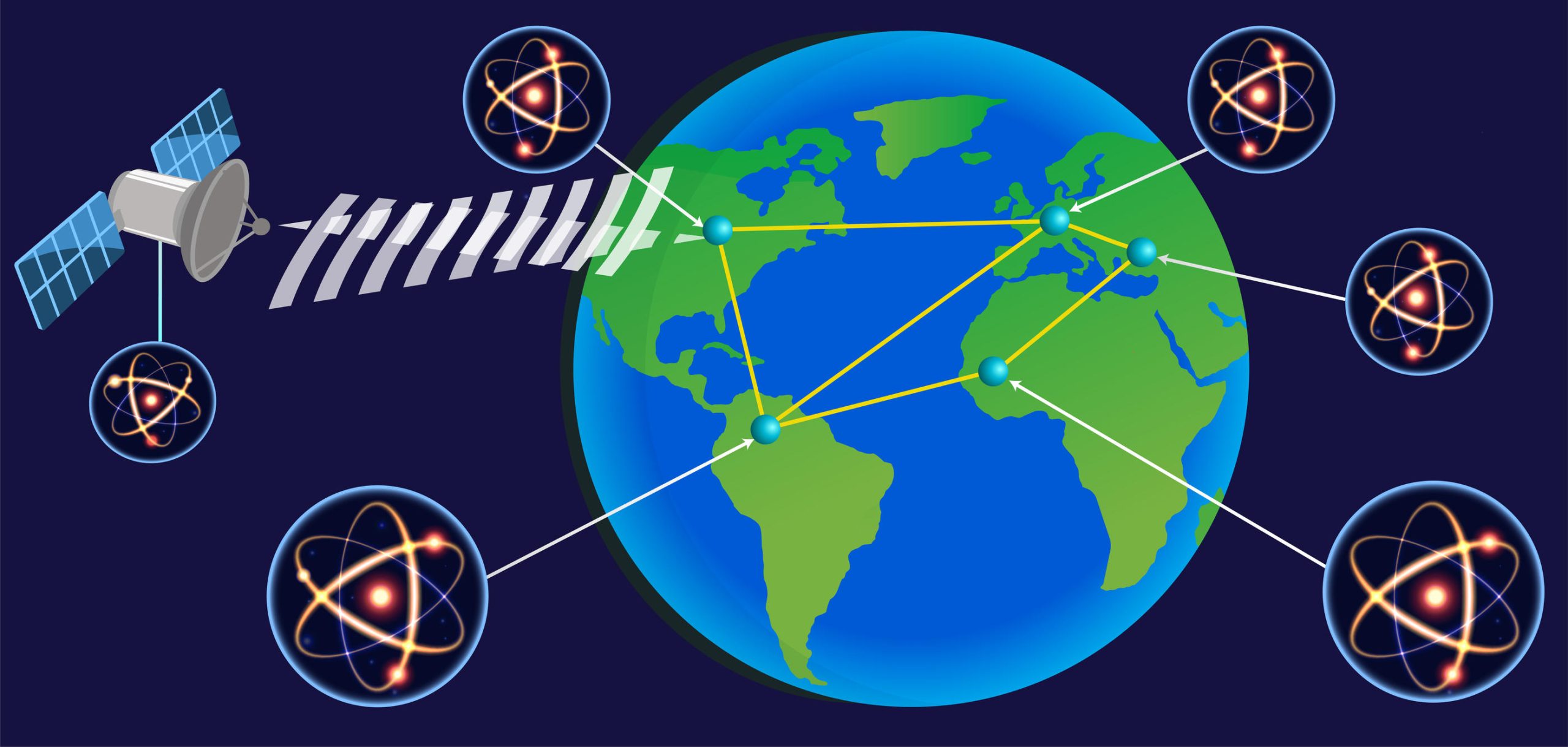justineanweiler.com – Google’s venture into quantum computing has marked a significant milestone in the realm of technology and science. With its pioneering efforts, Google has pushed the boundaries of computational power, showcasing how quantum computing could redefine problem-solving across various industries. Here, we delve into the advancements, challenges, and potential implications of Google’s quantum computer.
Understanding Quantum Computing
Quantum computing is a revolutionary field that leverages the principles of quantum mechanics to perform computations. Unlike classical computers, which use bits as the smallest unit of information (0 or 1), quantum computers use qubits. Qubits can exist in multiple states simultaneously, thanks to a phenomenon known as superposition. Additionally, they exhibit entanglement, allowing qubits to be interconnected such that the state of one influences another, regardless of distance. These properties enable quantum computers to process complex problems exponentially faster than classical systems.
Google’s Quantum Supremacy
In 2019, Google announced a landmark achievement it called “quantum supremacy.” This term refers to the point where a quantum computer outperforms the most powerful classical supercomputers in a specific task. Google’s quantum processor, Sycamore, reportedly performed a calculation in 200 seconds that would have taken the world’s fastest supercomputer, Summit, approximately 10,000 years to complete. This breakthrough was both celebrated and critiqued, as some argued that the task lacked practical applications. Nevertheless, it demonstrated the immense potential of quantum technology.
Key Applications and Industries
Google’s advancements in quantum computing could revolutionize various fields, including:
- Cryptography: Quantum computers could break traditional encryption methods, prompting the need for quantum-resistant algorithms.
- Pharmaceuticals: They can simulate molecular interactions at an unprecedented level, accelerating drug discovery.
- Optimization Problems: Industries like logistics and finance could benefit from solving complex optimization problems more efficiently.
- Artificial Intelligence: Quantum computing can enhance machine learning algorithms, leading to more accurate models and predictions.
Challenges Ahead
Despite the promising potential, quantum computing is still in its infancy. Some of the primary challenges include:
- Error Rates: Quantum systems are highly sensitive to environmental factors, leading to errors in calculations.
- Scalability: Building systems with a large number of stable qubits remains a significant hurdle.
- Practicality: Many quantum algorithms are not yet applicable to real-world problems.
The Road Ahead
Google continues to invest heavily in quantum computing research and development, aiming to build more stable, scalable, and practical systems. Collaborations with academia, industry, and government agencies are also playing a crucial role in advancing this technology. As quantum computing matures, its impact could be transformative, enabling solutions to problems previously deemed unsolvable.
Conclusion
Google’s quantum computer represents a groundbreaking leap in technology, opening doors to possibilities that were once in the realm of science fiction. While challenges remain, the strides made by Google and other leaders in the field signal a future where quantum computing could become an integral part of our technological landscape. As we stand on the brink of this quantum revolution, the potential to reshape industries and solve humanity’s greatest challenges has never been more within reach.





